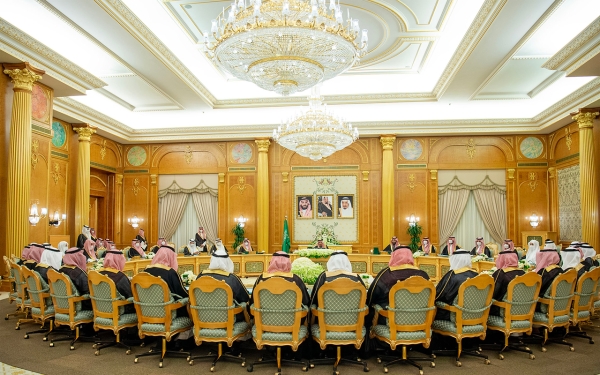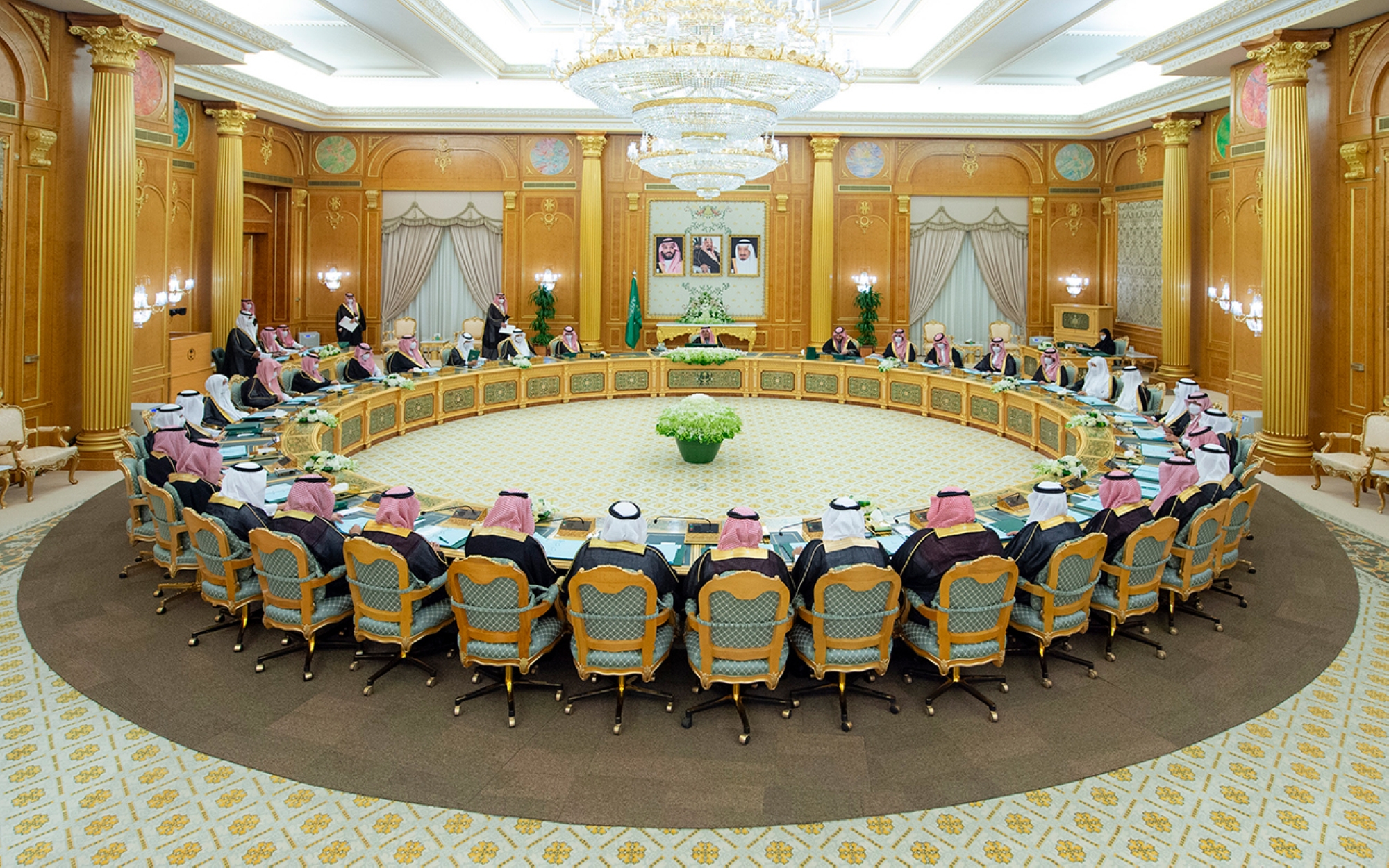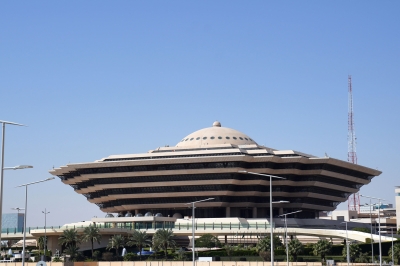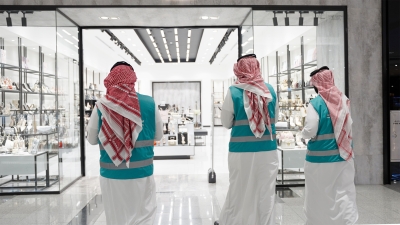

Ministers in the Kingdom of Saudi Arabia are in charge of the ministries within the Kingdom. They are members of the Council of Ministers and state ministers. They are assigned the duty of implementing legislation, laws, and the general policy of the state. They are appointed and dismissed by a royal decree.
Criteria for appointing a minister in the Kingdom
According to the Council of Ministers' law, before appointing a minister, he should be of Saudi origin and descent, known for his integrity and competence, and must not have committed a crime that violates religious and honorable standards. He should only start his duties after taking an oath in front of the King, which goes as follows: I swear by Allah the Almighty to be faithful to my religion, then to my king and country, not to disclose any of the state's secrets, to maintain its interests and regulations, and to perform my duties with honesty and fidelity.
Any citizen possessing the necessary qualifications and meeting the criteria can assume a ministerial position in the Kingdom. Each minister has a deputy appointed and dismissed by a royal decree, who assumes the minister's tasks in his absence. Except for the presence at the Council of Ministers, only another minister can represent an absent minister at the Council of Ministers.

Roles of the ministers in the Kingdom
Ministers' duties in the Kingdom revolve around directly overseeing the affairs of their ministries, implementing laws and regulations, attending Council of Ministers' sessions, maintaining the confidentiality of the Council's discussions, and proposing legislative projects or regulations related to their ministries' operations.
The Council of Ministers' law prohibits ministers from holding another governmental position unless deemed necessary by the head of the Council of Ministers. They are also not allowed to buy, rent, or lease any state property, nor sell or lease any of their properties to the government. They cannot engage in any commercial or financial activity, or be a member of any company's board of directors.
Prosecution of non-compliant ministers
Ministers are tried under a special system if they commit violations in their official duties. This system specifies the violations, indictment procedures, trial procedures, and the formation of the court panel.
Ministerial positions in the history of the Kingdom
King Faisal Bin Abdulaziz Al Saud was the first to hold a ministerial position in the history of the Kingdom. In addition to that, he was the only one to undertake a ministerial duty alongside his responsibilities as king for thirteen years. The longest tenure by a Saudi minister was fifty years by Prince Sultan Bin Abdulaziz Al Saud, who held the Ministry of Defense from 1962 to 2011.
Early ministers in the history
The first Foreign Affairs Minister was King Faisal Bin Abdulaziz (then Prince). The first Finance Minister was Abdullah Bin Sulaiman al-Hamdan, and the first Defense Minister was Prince Mansour Bin Abdulaziz when it was named the Ministry of Defense and Military Inspection. The first Education Minister was King Fahd Bin Abdulaziz Al Saud (then Prince) when it was named the Ministry of Knowledge.
Mohammed bin Abdullah Ali Reda was the first Minister of Commerce. The first Health and Interior Minister was Prince Abdullah al-Faisal bin Abdulaziz. The first Agriculture Minister (currently Environment, Water, and Agriculture) was Prince Sultan Bin Abdulaziz. Abdullah Bin Hamoud al-Tariki was the first Energy Minister when it was called the Ministry of Petroleum and Mineral Resources. The first Hajj and Endowments Minister (currently Hajj and Umrah) was Hussein Bin Ali Arab. The first Justice Minister was Mohammed Bin Ali al-Harkan. The first Municipalities and Housing minister was Prince Majed Bin Abdulaziz.
The first Communications Minister was Alawi Darwish Kayyal when it was named the Ministry of Telegraph, Post, and Telephone. The first Transport Minister was Prince Talal Bin Abdulaziz when it was called the Ministry of Transportation. The first Information Minister was Jamil al-Hujailan. The first Minister for Islamic Affairs, Dawah, and Guidance was Dr. Abdullah Bin Abdulmohsen al-Turki. The first Investment Minister was Khalid Bin Abdulaziz al-Falih.
Bandar Bin Ibrahim al-Khorayef was the first Minister of the Ministry of Industry and Mineral Resources. The first Minister of Culture was Prince Badr Bin Farhan Al Saud. The first Minister of the National Guard was Prince Mutaib Bin Abdullah Bin Abdulaziz. The first Minister of Sport was Prince Abdulaziz Bin Turki al-Faisal.
Related quizzes

